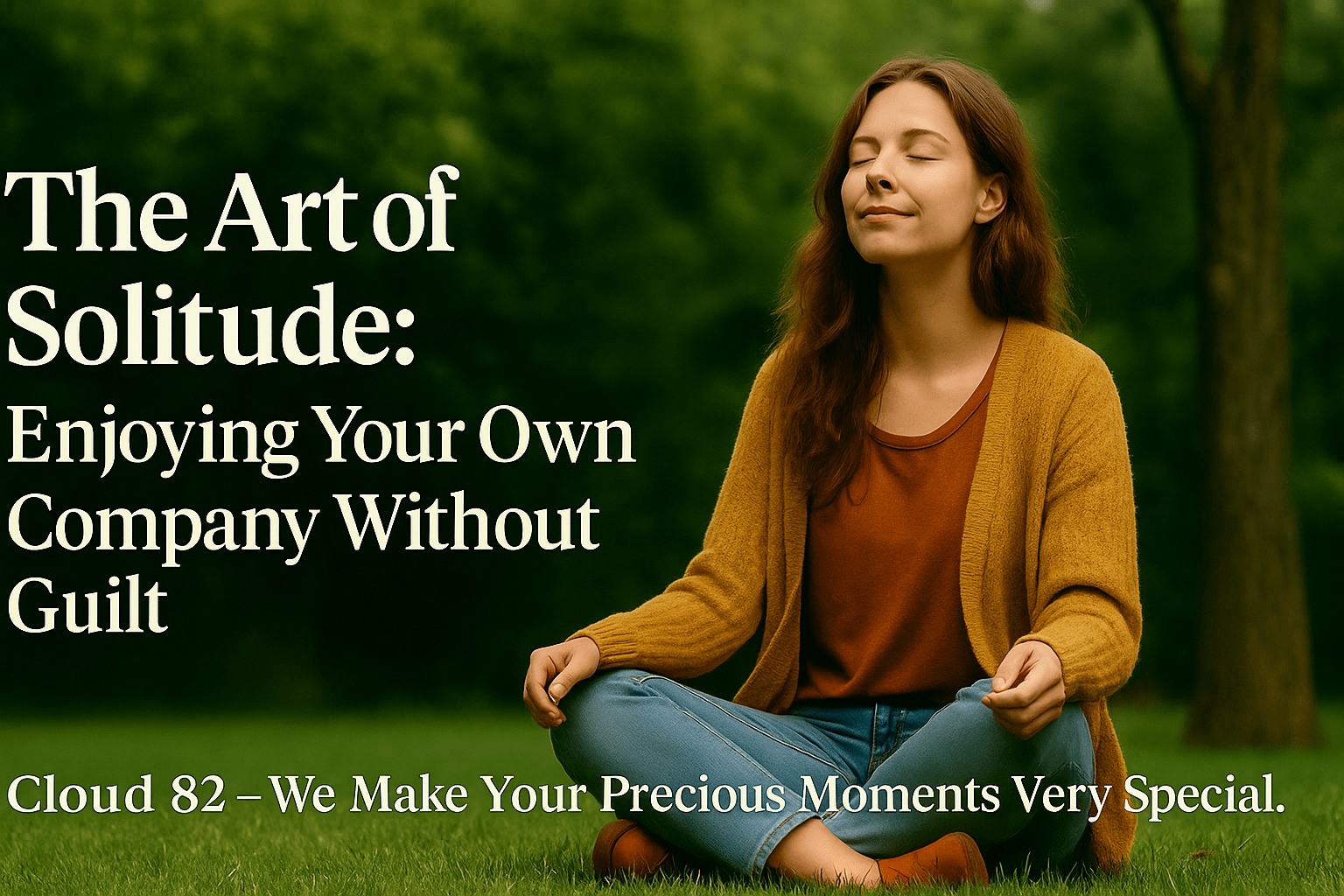“The Surprising Way New Hobbies Can Skyrocket Your Self-Esteem (Hint: It’s Not About Perfection)”

In a world that often promotes perfection, learning to embrace imperfection can be both liberating and transformative. Trying new hobbies encourages self-discovery, creativity, and resilience—all while helping us break the fear of failure. This blog explores how stepping into new experiences with a growth mindset can boost confidence, reduce stress, and provide a fulfilling outlet from the daily grind.
The Power of Embracing Imperfection
Why Perfectionism Can Hold You Back
Perfectionism may feel like a driving force toward achievement, but it often holds us back. The fear of not meeting high expectations or failing at something new can prevent us from even trying. When we chase perfection, we risk developing self-doubt and missing opportunities to grow and enjoy life. By releasing the need to be perfect, we create space for self-acceptance, allowing ourselves to try and learn without fear.
Embracing Imperfection as a Confidence Booster
Accepting that mistakes are part of the journey helps build resilience. When we stop focusing solely on outcomes and instead enjoy the process, we start seeing progress as an accomplishment in itself. For example, taking up a new hobby like painting or learning a new instrument gives us the freedom to explore without needing immediate mastery. This shift in perspective breaks self-imposed limitations and builds a stronger sense of capability.
Benefits of Trying New Hobbies
Cultivating a Beginner’s Mindset
A beginner’s mindset encourages openness to learning and discovery. Trying new things naturally requires curiosity and a willingness to adapt and grow. Whether you’re attempting pottery or learning photography, the beginner’s mindset teaches us that making mistakes is a stepping stone to growth, building confidence over time as we improve in our chosen hobby.
Reducing Stress and Finding Joy in the Journey
Hobbies provide a healthy escape from daily stresses and improve mental well-being. Engaging in an activity simply for enjoyment allows us to relax without focusing on specific goals. Whether it’s knitting, baking, or hiking, hobbies help lower stress, lift our mood, and offer a satisfying sense of self-fulfillment.
Building Resilience and Overcoming Fear of Failure
Trying new hobbies presents challenges in a low-pressure environment, helping us confront and overcome the fear of failure. Small mistakes become opportunities for growth, and as we learn to cope with setbacks, we strengthen our resilience. This ability to adapt in a hobby can also help us feel more capable of handling challenges in other areas of life.
How Hobbies Can Enhance Confidence and Self-Worth
Discovering Hidden Talents and Strengths
Exploring new hobbies often reveals talents we didn’t know we had. Discovering these abilities can lead to a deeper sense of self and personal accomplishment. For instance, people who start painting, photography, or cooking may realize their natural creativity, seeing themselves in a new, positive light.
Creating Tangible Progress and Personal Achievement
Tracking progress within a hobby brings a sense of achievement. Many hobbies have clear milestones or improvements, such as completing a knitting project or successfully baking a new recipe. Celebrating these small wins boosts self-confidence and provides motivation to keep going, reinforcing a positive cycle of growth.
Improving Social Confidence and Building Community
Group hobbies or classes offer opportunities to meet others who share similar interests, creating supportive connections. Socializing through hobbies can reduce isolation and enhance self-esteem, whether it’s joining a book club, participating in a cooking class, or meeting fellow hikers. These social connections build a sense of community and help us feel more comfortable and confident in group settings.
Tips for Getting Started with a New Hobby
Choosing the Right Hobby for You
Start by identifying activities that resonate with your interests, available time, and energy levels. Hobbies like painting, gardening, or hiking offer different benefits, from creative expression to physical relaxation. Consider whether you prefer something active, social, or solitary, and let your curiosity guide you.
Setting Realistic Expectations and Embracing the Learning Curve
Setting realistic expectations can prevent frustration, especially when beginning a new hobby. Patience and persistence are essential for building confidence, as progress may be slow at first. Remember, the goal is enjoyment and personal growth rather than immediate mastery.
Practicing Self-Compassion and Celebrating Small Wins
Self-compassion is key when learning something new. Letting go of perfectionism allows you to appreciate your efforts and enjoy the journey. Celebrate small achievements, as each win, no matter how minor, reinforces a positive experience and encourages continued growth.
Long-Term Benefits of Embracing Hobbies
Developing a Growth-Oriented Mindset
Trying new hobbies nurtures a growth mindset, where continuous learning becomes second nature. Being open to new challenges reinforces resilience and self-belief, translating to personal and professional success. This mindset shift fosters an outlook of “learning and growing” rather than fearing failure.
Enhancing Overall Life Satisfaction and Well-Being
Hobbies create a sense of purpose and balance, leading to greater life satisfaction. Studies have shown that hobbies boost mental health, with people who regularly engage in hobbies reporting higher levels of happiness. A fulfilling hobby brings joy, meaning, and richness to everyday life.
Building Self-Trust and Personal Empowerment
Mastering new skills builds a sense of personal capability and self-trust. Regularly trying new things empowers us to feel more in control, teaching us to rely on our own abilities. This empowerment carries over to other life areas, creating a foundation of confidence that supports future challenges.
Conclusion: Embrace the Power of New Experiences
Embracing imperfection by stepping out of your comfort zone to try new hobbies is a powerful way to build confidence, reduce stress, and improve overall well-being. Let each new experience be a journey of self-discovery and personal growth. Remember, the joy lies in the process, so choose a hobby that sparks your interest and allow yourself to enjoy every step.
Frequently Asked Questions (FAQs)
What if I’m afraid of failing at a new hobby?
- Embrace a beginner’s mindset and focus on the journey. Remember, failure is a natural part of learning!
How do I choose a hobby that’s right for me?
- Consider what interests you, even if you’re not skilled at it yet. Try something that excites you or that you’ve always wanted to explore.
Can hobbies really improve my confidence?
- Absolutely! Mastering new skills and seeing progress boost self-esteem and foster resilience, helping you feel more capable.
How can I make time for a hobby in a busy schedule?
- Start small, even just a few minutes a day. Making hobbies a priority can improve overall well-being and be a valuable form of self-care.
How does embracing imperfection lead to personal growth?
- Embracing imperfection helps you learn, grow, and become more resilient, allowing you to face challenges with greater confidence.






